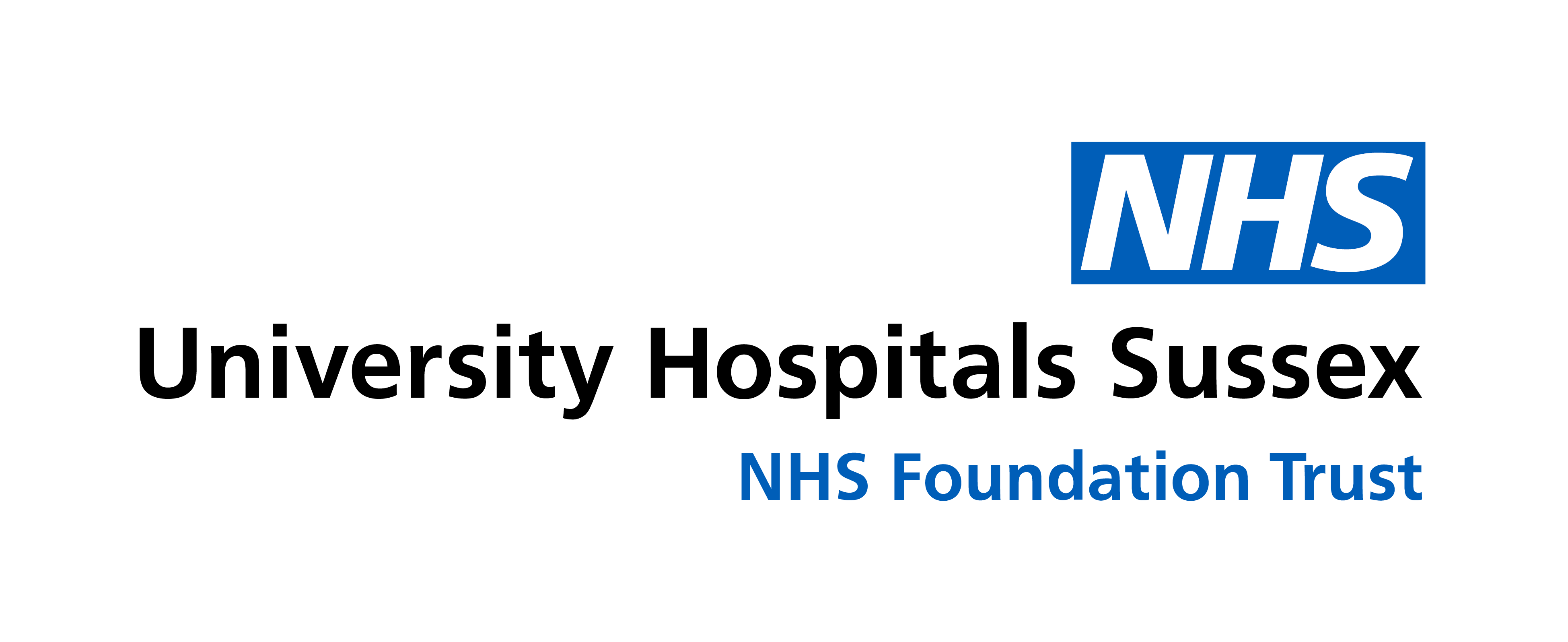 Reflective writing helps us to look back at things that we have done, make changes in what we do, and get better at what we do. It’s an important part of professional development.
Reflective writing helps us to look back at things that we have done, make changes in what we do, and get better at what we do. It’s an important part of professional development.
A group of trainee GPs enjoyed a reflective writing session in October run by Cecilia Bethencourt-Dunning, our Specialist Patient Information Librarian. They commented that it was an “excellent reflection session”; “good to work through examples and go through answers”; and “useful exercise, good to practice in the teaching session”.
The session looked briefly at what reflective writing is and why it is important; how it bridges the gap between theory and practice and helps you learn from your experience; and how to use the Gibbs model of reflection to structure your writing.
The most valuable part of the session was when the students looked at examples from their own practice. They used the Gibbs template to analyse their thoughts, feelings and emotions about the situation and what they learned from it, and then those who wished to shared their example with the rest of the group. Several excellent examples of good reflective practice followed, and it was clear that the group had a strong grasp of the principles of reflective writing. Talking through their experiences- whether they were centred around the patient-doctor relationship, communication, relationships with other staff- allowed the group to reflect on the negatives and positives of each instance, and what they could use from that to inform the way they worked in the future.
They were a lovely group and hopefully took away with them some useful hints and tips about writing for reflective practice.
If you want to brush up on your reflective writing and refresh your knowledge of reflective practice, why not book yourself onto our library skills sessions? Details can be found *here.
*Note: the advertised sessions are for Nurse Revalidation only. Contact Amanda.lackey@bsuh.nhs.uk if you would like to discuss reflective writing sessions for non-nursing staff or your teams.

